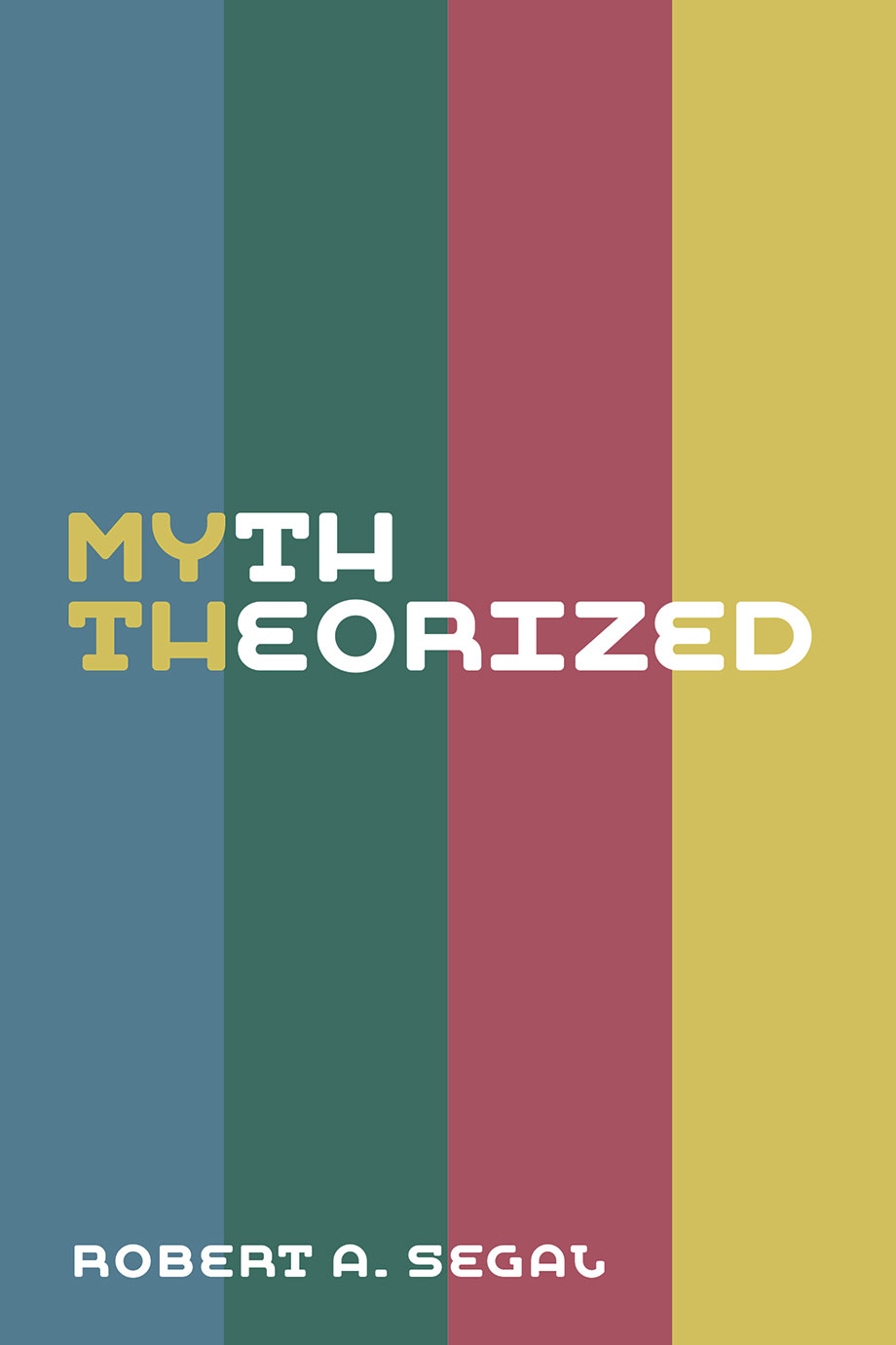Hell and Paradise for Milton and Others
Myth Theorized - Robert A. Segal
Robert A. Segal [+]
University of Aberdeen
Description
In chapter eleven I compare various theorists on the nature of hell and heaven. In the myth of the Garden of Eden (Genesis 3) paradise means the garden. There is no hell. There is only life outside the garden, to which Adam and Eve are forever condemned. If one uses the favorite terms of Durkheim and Eliade, the sacred is both spatial and temporal. Sacred space is the garden. Profane space is the rest of earth. Sacred time is the time of life in the garden. Profane time is time after eviction from the garden. For Durkheim, the sacred is the group. The profane is the individual. The sacred is both spatial--the group, whenever it gathers--and temporal--the times when the group gather. For Eliade as well, the sacred is both spatial--the location of altars, churches, and other sacred spaces--and temporal--the times, always in the past, when the gods resided on earth. For William Robertson Smith, the sacred means space above all. For primitive and ancient peoples, it was a physical location. Later it became, and remains, spiritualized and so can exist anywhere. For John Milton, uniquely, the sacred is at once physical and mental. For him, the garden, the world outside it, and hell are to be seen as at once physical and psychological: a place both “out there” and in one’s head. For Freud and Jung alike, the outer world is psychologized: it refers to states of mind, which are wrongly projected onto the outer world. For D. W. Winnicott, the world of myth, which I compare with the world of play for him, is neither inner nor outer but in between.






